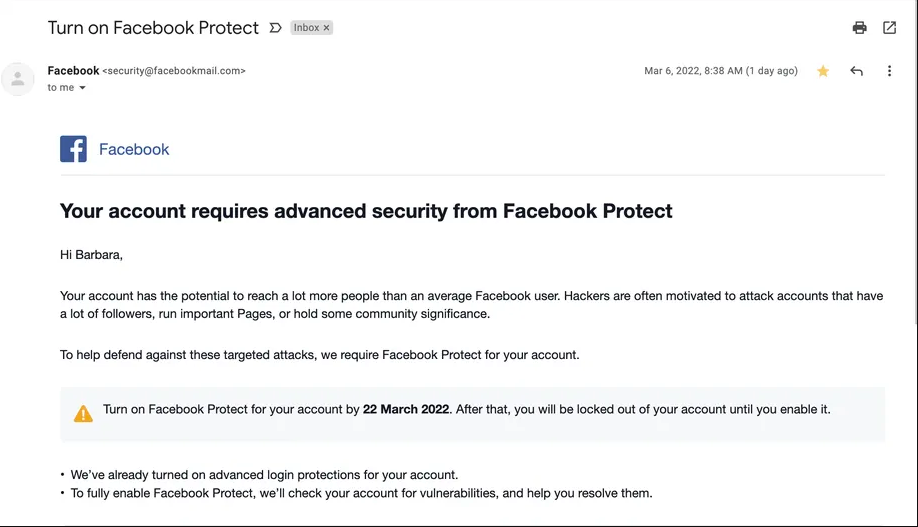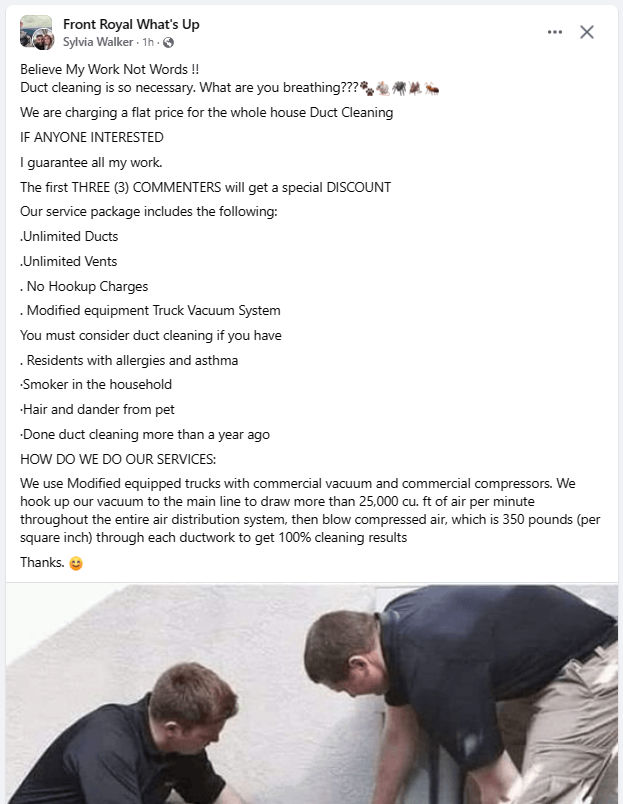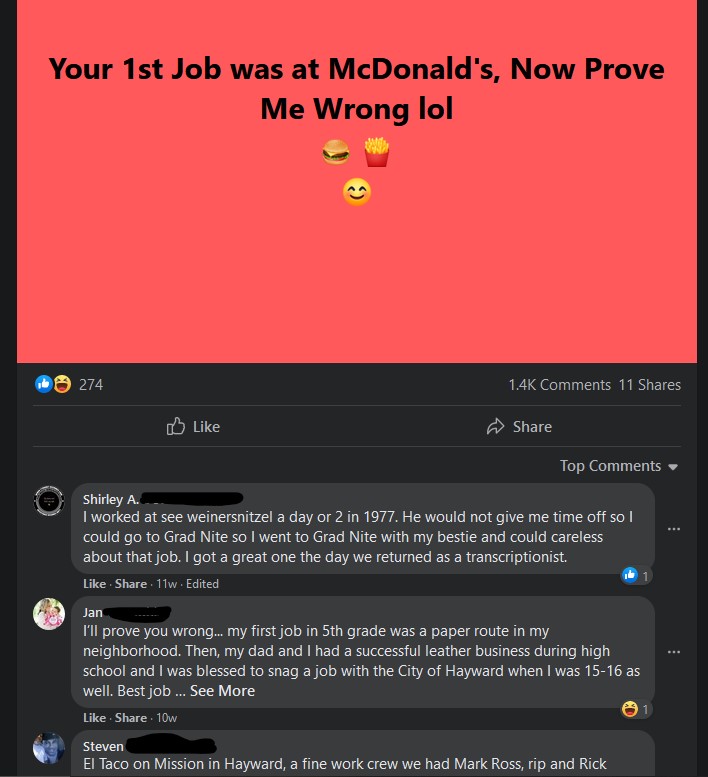When using Facebook, you may notice that certain phrases and words automagically take on color. And when you click/tap those special-looking words, a fun animation occurs, with a sound effect. These are Facebook Text Delights.
And it seems that Facebook users either love them or hate them. Sure, they can be a lot of fun in casual posts or comments. Facebook Text Delights are innocent and mostly harmless. But here are some common criticisms:
- They are unreliable. Some people report that they do not work in the Faebook mobile app. Others type in a text delight phrase, and see no change or effect, until after the post is finalized. And I’ve seen a few instances where someone creates a Facebook Text Delight, only for it to revert to plain boring text after the Post button is clicked.
- They cannot be disabled. It used to be that you could type a phrase, see that it colored in and became a delight, and then press the Backspace key one time to eliminate the delight-effect. That tip no longer works. If you have entered anything that Facebook considers to be a Text Delight phrase, it will show its special effect, unless you deliberately misspell it!
- There’s no master list of Facebook Text Delights for us to consult. Many blogs and news sites will help you read lists of what will “add delight” to a Facebook post, but none are definitive, and Facebook adds and eliminates delight-phrases without informing anyone. For example, “best wishes” used to be a Facebook Text Delight, but it no longer triggers any fancy effects for me.
Facebook Support hasn’t given me any feedback on the future of their Text Delights, so I don’t have any optimistic details for you yet. But some advice:
- Review everything that you post or comment to Facebook. If you intended to post a Text Delight, you might want to notice if it actually appeared or not. If you don’t want a text delight, please be aware that things like “You’re the Best” and XOXO may color in and show cartoonish effects, after you post it.
- If you want to suppress a Text Delight, you’ll have to get creative. If you don’t “Wonderful time” to turn blue and give you a thumbs-up, change it to “lovely time”. Try to avoid the balloons of “Congratulations” by misspelling it as “congradulations”. Instead of entering “You Got This”, try “You. Got. This.”

















